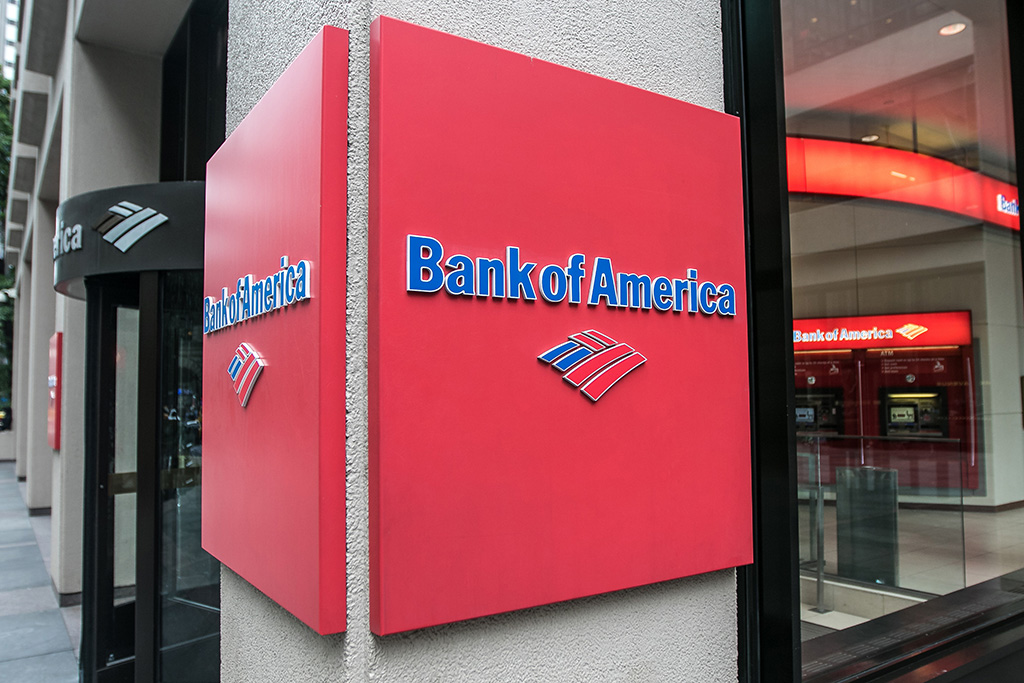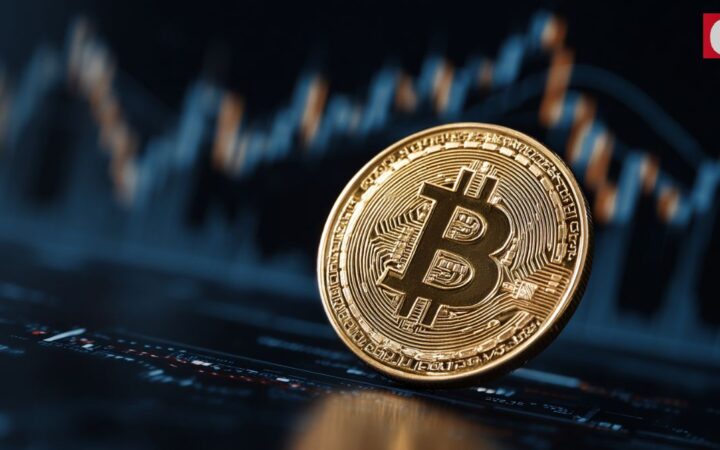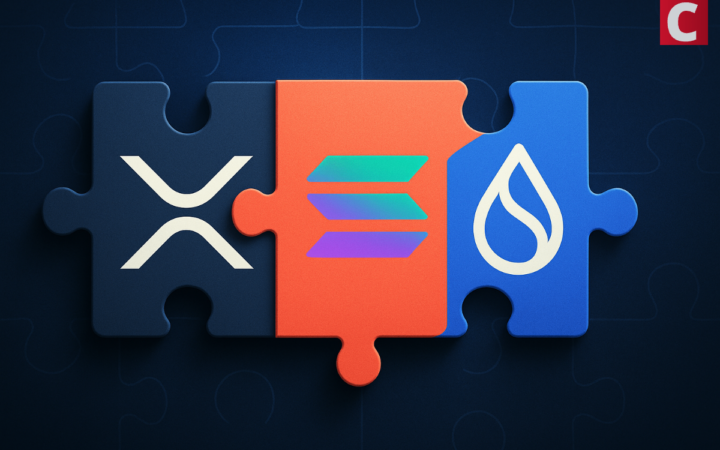
Damola is a crypto enthusiast, marketer, and writer who is seeking to achieve career excellence through positive contribution to the organization that aspires for excellence.
One of the largest banking establishments in North America, Bank of America, has joined the international trade finance blockchain consortium, Marco Polo, with the aim of creating an efficient global trading network.

Bank of America ranks among the top banking and financial services institutions in North America with over 5500 branch offices in the U.S., and offer lots of banking features and benefits to consumers in the country. BofA is the 2nd wealthiest bank in the U.S. with a lot of monetary influence and holds a total assets value of 2.35 trillion U.S. dollars, and now it has joined Marco Polo blockchain network.
Marco Polo is an international trade finance blockchain network which was integrated on an open-source blockchain platform, Corda, owned by the blockchain software company R3. The network is also backed by TradeIX, an open blockchain platform for trade finance which is based on the Distributed Ledger Technology (DLT) and aims at providing a secure platform infrastructure for financial institution or bodies.
The Marco Polo network aims at simplifying the process of securing payments for commercial transactions with the blockchain technology, which makes the trading process a lot easier and faster. Marco Polo holds more than 25 member bodies in its network of operations and is still growing, with the number of transactions being made increasing by the day.
Bank of America’s head of global trade and supply chain finance in Global Transaction Services, Geoff Brady gave out a statement saying:
“Joining the Marco Polo Network supports our strategic objective of turning technology advances into trade solutions that address client needs. We look forward to exploring how the new technology can generate greater transparency for our clients throughout the transaction lifecycle, making traditionally paper-based, opaque processes easier and more efficient.”
Daniel Cotti, the Managing Director, CoE, Banking and Trade for the Marco Polo network also shared his view on the development:
“The Marco Polo Network is accelerating its presence in North America, and we are very pleased to have one of the largest and most innovative trade finance banks in the world joining the Network,”, He adds, “We look forward to working with Bank of America to address critical market challenges and to expand the Network’s reach and eco-system to a wider audience of Corporate Customers.”
The CEO of R3, David Rutter, is optimistic about the network and hopes that more U.S. banks will be convinced to join the platform. According to Rutter;
“As the network continues to grow, so too does the growing number of use cases blockchain technology presents in transforming financial markets. Trade finance is one such area that is set to benefit the most from the promise of blockchain, and the increased efficiencies it can bring.”
Earlier in the month, global payment platform MasterCardalso became a member of the Marco Polo network in an attempt to create efficient trade finance processes for institutions to counter challenges facing business transactions globally. MasterCard’s membership will help Marco Polo with access to its global trade unit, the MasterCard Track.
Marco Polo will help international trading with its end-to-end and seamless connectivity between trade participants that will allow them to achieve real-time trading functions.

Damola is a crypto enthusiast, marketer, and writer who is seeking to achieve career excellence through positive contribution to the organization that aspires for excellence.




